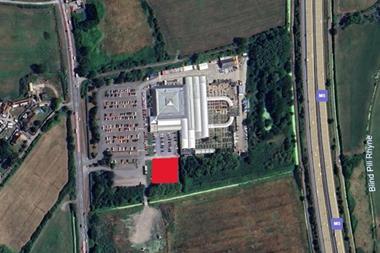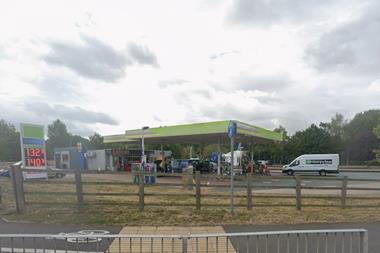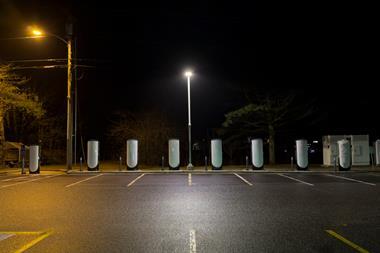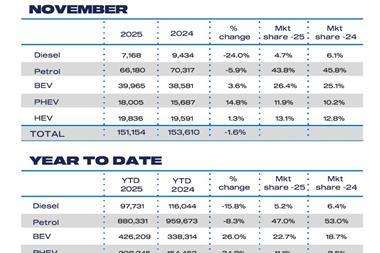The redevelopment of the former Coryton refinery has reached another milestone, with the demolition of a chimney and two distillation columns.
At over 300ft tall, about as high as Big Ben, the chimney could be seen from as far away as the Dartford Crossing. A second, taller chimney (367 ft high) is being retained to create an iconic landmark that recognises the history of the site.
The demolition clears land to make way for Thames Enterprise Park, a new 400-acre industrial site located on the river Thames next to London Gateway and Thames Oilport.
Andrew Owens, chief executive of Greenergy, the majority owner of Thames Enterprise Park, commented: “The former refinery is a unique regeneration opportunity, both in terms of its scale and its location so close to London and at the heart of the South East. With excellent road, rail and river connections, this is an attractive location for many employment-generating businesses.
“Our framework planning application, to create an enterprise park on the former refinery land, already has the support of Thurrock Council. We are now moving onto the next stage, to prepare detailed planning applications to allow us to put in place the infrastructure that new businesses will need on site.”
Nick Lewin, from Grays, has been employed on site for more than 15 years and worked on the refinery unit of which the chimney and distillation columns were part. He said: “The whole community was sad to see the refinery close in 2012. It was the end of an era, but part of the site has a new life receiving fuel ships and storing fuel for the south east of England. Life moves on and I’m pleased that work is ongoing on the rest of the site to attract new businesses and, more importantly, jobs into the area.”
The chimney and distillation columns were part of the old refinery catalytic cracking unit (“cat cracker”) but have stood idle since the refinery closed in 2012 following the administration of Petroplus.
The refinery demolition programme began in November 2014 and is being managed by specialists Brown and Mason. Some 46,000 tonnes of steel, enough for six Eiffel Towers, have already been removed for recycling and re-use.

































No comments yet